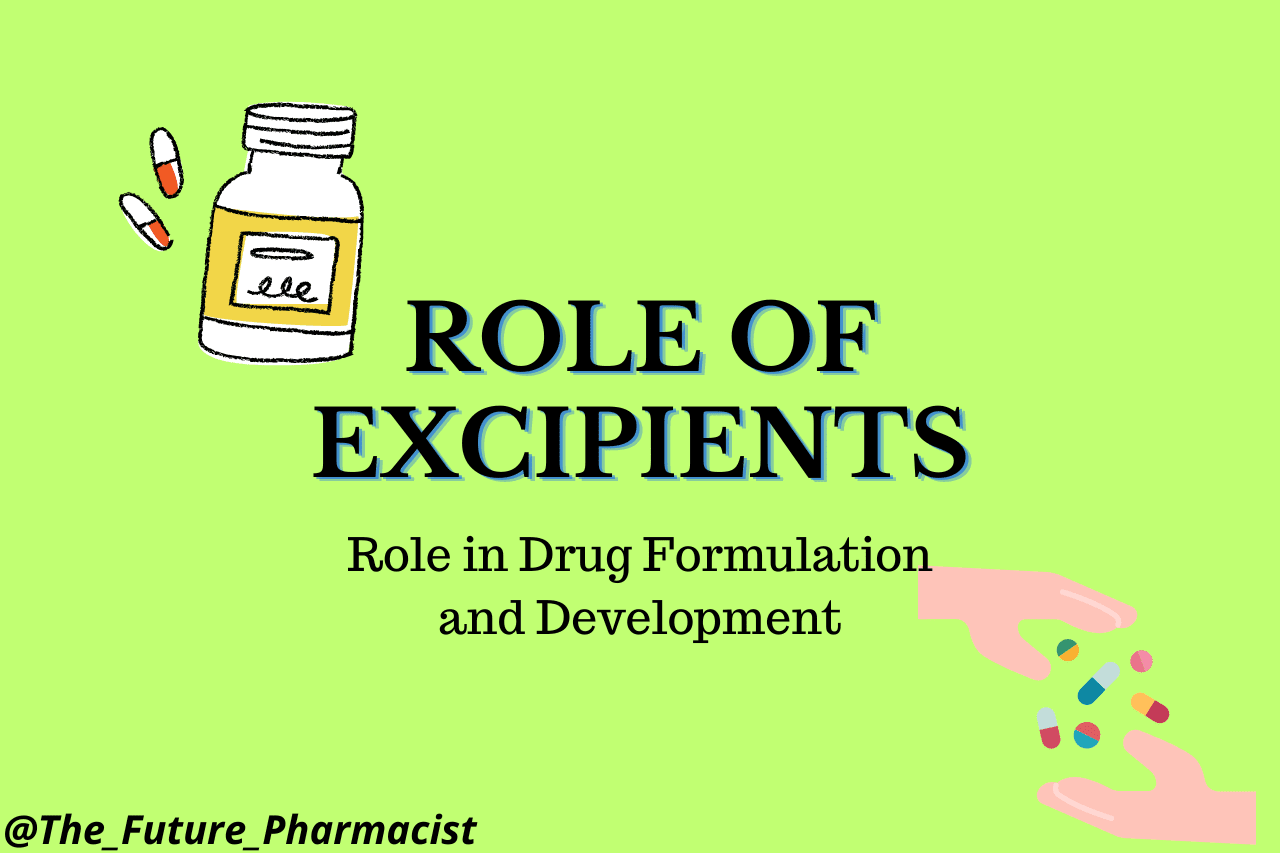Introduction
Excipients are used to improve the properties of drugs, increase their shelf life and improve their stability. They can be divided into two groups: a) non-food additives which are added to food products and b) food additives which are added to foods or beverages for aesthetic purposes or as functional ingredients.
Introduction
Excipients are the non-medicinal ingredients in a drug. They are used to improve the quality, palatability and stability of a drug.
They can be divided into two categories: bulking agents and lubricants. Bulking agents are used to increase bulk in tablets or capsules; for example, lactose or starch granules may be added to improve the appearance and consistency of tablet formulations. Lubrication agents such as silicones help tablets slide along each other during compression (easing out) without breaking apart easily like water-soluble gums do under pressure introduced by compressing machinery such as extruders which uses hydraulic pressure
Role of Excipients in Drug Formulation and Development
Excipients are used to make a drug more palatable, effective, stable and safe. They can be divided in to two groups:
Low-molecular weight (LMW) excipients such as flavors, sweeteners and stabilizers. These are used for improved taste or stability purposes.
High-molecular weight (HMW) excipients such as bulking agents and lubricants. These help to increase solubility of the drug by interacting with it's dissolution characteristics like capsule shell thicknesses etc., thereby increasing bioavailability while reducing gastrointestinal side effects like nausea/vomiting due to overdose ingestion
Types of Excipients
Excipients are the ingredients in a drug that help it to be absorbed, distributed and metabolised. They can be divided into two main groups:
Solvents: Solvents include water, ethanol and propylene glycol. These substances dissolve certain other ingredients such as surfactants or sugar.
Thickeners: Thickeners are used to increase viscosity (thickness) of formulations by forming a gel-like structure through emulsification or solubilisation reactions with other components of the formulation.
Sources of Excipients
In the pharmaceutical industry, excipients are used to improve the stability and bioavailability of drugs. They are added to a drug in order to improve its taste, appearance and/or feel. Examples include:
Sugar—Sugar is used as an artificial sweetener in some tablets or capsules because it has no calories but provides a pleasant taste. It also helps prevent crystallization by swelling in water when heat is applied (this happens when solvents evaporate).
Starch—Starch is often added as an extender because it absorbs moisture from tablet coatings that may otherwise cause them to collapse during storage at room temperature
and during the manufacturing process. It also helps tablets adhere to each other better and makes it easier for them to be compressed into tablets.
Advantages and Disadvantages of Excipients
Advantages of excipients
Disadvantages of excipients
In the pharma industry, it is important to consider all aspects when developing new drugs. One such aspect is choosing an excipient for your formulation. Often times, you may find yourself wondering what are the advantages and disadvantages of using various types of excipients in drug development?
Excipients play a key role in the production of drugs.
Excipients are used in the formulation of drugs, which means they are added to the drug product when it is manufactured. They also play a key role in the production of drugs, development of new medicines and manufacture of finished products.
In addition to providing nutrients for tissue growth and repair, excipients assist with:
Absorption (vitamins A; B; C; D)
Disintegration (buffers)
Freezing point depression (polysorbate 20)
Conclusion
Excipients are the main ingredients in all pharmaceutical drugs, and they help the drug to be more effective. They also play a role in defining the quality of the drug and its delivery system, which is why it is important for companies to choose them carefully. The main types of excipients are sugars, proteins (e.g., lactose), dyes (e.g., erythrosine), emulsifiers (e.g., lecithin), anti-caking agents (e.g., talc), binders (e.g., starches), preservatives (e.g., parabens) and solvents (such as ethanol).














No comments:
Post a Comment